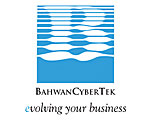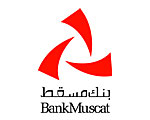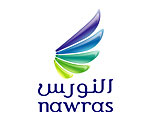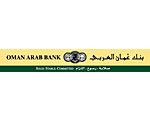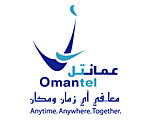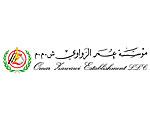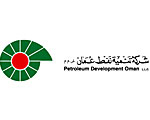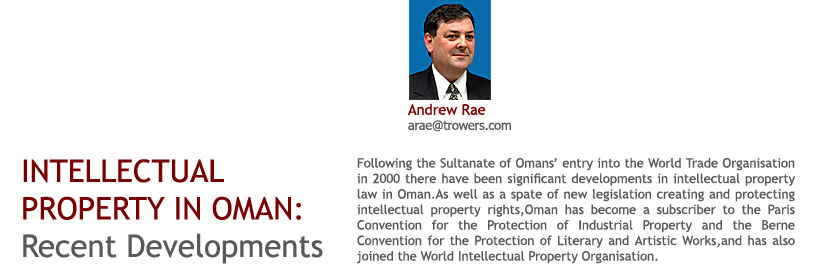
The current approach to the protection of intellectual property rights and the mechanisms through which this protection is carried out in Oman are very similar to those used in Western jurisdictions and will be familiar to many business managers already acquainted with intellectual property issues.
This article will look at how the law of Oman now stands in relation to copyright, trademarks, trade secrets, illegal competition, industrial drawings and patterns, and patents.
Copyright
An author's copyright and related rights are protected in Oman under Royal Decree 37/2000. This sets out the types of works that may be protected by copyright, which authors can be protected, what rights are given to these authors and penalties for non-compliance.
The law applies to authors of original literary, scientific, technical and cultural works, irrespective of their monetary value. Also protected are translators and people who summarise or adapt works, or put them into a new form. The rights given to these authors include the Œmoral' right of an author to have his or her work ascribed to him or her or published under a pen-name. No omission, change or addition to a work may be made without the author's approval. There is no time limit on these rights.
In addition, the law places restrictions on the use of the protected work, including quoting the work by way of illustration or using the work for educational purposes. Such rights continue until fifty years after the author's death.
The author also has the right to receive royalties for any copying, translation, adaptation, performance or exploitation of his or her work. The importance of these copyright provisions is reflected in the penalties imposed for infringement. This is punishable by imprisonment for up to two years or a fine of up to RO2,000.
Trademarks
The Law of Trade Marks was updated in 2000 by Royal Decree 38/2000, which sets out specific rules as to which trademarks may be registered and provides a list of permitted trademarks. In order to qualify for registration, a trademark must conform to Oman's high standards of decency and must not be of a purely religious nature, incorporate false information, or bear a resemblance to an already established mark or trade name.
In order to be fully protected, a trademark must be registered in the Register of Trade Marks and Trade Names at the Ministry of Commerce and Industry. This can be a lengthy process, as applications may be pending for up to five years, however priority is given once the application is lodged. The procedure involves an initial search of the Register and confirmation of the relevant classes. A sample of the trademark and all relevant information and documentation relating to it must then be supplied. Once the application is lodged and approved it must be advertised in the Official Gazette and the national press before it is finally registered.
The registration of a trademark provides protection for ten years, after which time the registration may be renewed. In the months following the end of a protection period, the Registrar will notify the owner of the mark that protection has ended. The owner of the trademark should then, within six months of the end of the protection period, submit a request to renew the registration, otherwise the Registrar can delete the mark from the Register. A trademark owner cannot license the use of a product or service for which there is a registered trademark beyond its registered protection period. Where the mark is not used for a consecutive five-year period, and this lapse is not justified, a third party can apply to have it removed from the Register.
Again, the punishments for infringement are fairly severe. Forgery of a registered mark is punishable with imprisonment of up to two years or a fine of up to RO2,000.
As for unregistered trademarks, some limited protection is given by Omani law under Articles 47 and 48 of the Commercial Law (Royal Decree 55/90), which protect merchants against deception, fraud or the use of their trade name by another merchant. These sections allow for injunctive relief to be granted, in addition to compensation.
Trade Secrets
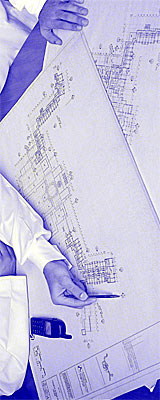 The disclosure of trade secrets has been made a criminal offence by Article 34 of Royal Decree 38/2000. The Decree gives only limited guidance as to what will be classified as a trade secret and this is currently untested in the courts, but one view is that matters will be secret if their trade value is derived from their secrecy or if reasonable provision has been made to safeguard their secrecy.
The disclosure of trade secrets has been made a criminal offence by Article 34 of Royal Decree 38/2000. The Decree gives only limited guidance as to what will be classified as a trade secret and this is currently untested in the courts, but one view is that matters will be secret if their trade value is derived from their secrecy or if reasonable provision has been made to safeguard their secrecy.
Illegal Competition
Under Royal Decree 38/2000 and Articles 47 to 50 of the Commercial Law there is an overriding principle that it is illegal to engage in competitive business which is Œviolative of decent practice in industry or trade'. This ban includes:
» Business that generates confusion as to the origin, commodity or service when a certain industrial or commercial business is carried out;
» Unjustified or unrealistic propaganda against any commercial or industrial product intended to undermine its reputation or fame, or confidence in it; and
» Use of data or claims that mislead people as to the distinguishing features of goods and services whilst carrying on an industrial or commercial business.
The precise scope of these illegal competition provisions has yet to be tested.
Industrial Drawings & Patterns
Royal Decree 39/2000 now regulates industrial drawings and patterns. In order to be protected, a drawing or pattern must be registered in the Trade Drawings and Patterns Register at the Ministry of Commerce and Industry. The person who created the drawing or pattern is then deemed to be the owner, unless another party can prove this not to be the case. The design must be original and, again, must conform to Oman's standards of decency, in order to enjoy protection.
The protection of a registered drawing or pattern lasts for ten years from the date of submission of an application for its registration. Registration may then be renewed for further ten-year periods, provided that the renewal request is made within the last three months of the protection period. Copying the registered design is punishable by imprisonment or fine, and in addition the owner of a design may obtain injunctions preventing third parties from using protected drawings for commercial purposes.
Patents
Patents are governed by Royal Decree 82/2000 and the Arab Gulf Co-operation Council States Patents Regulations (ŒAGCC Regulations').
An invention is patentable if it is new, contains a novel idea, and is worthy of industrial application. However, it must not be inconsistent with public discipline or etiquette, undermine national security or be incompatible with the Islamic Sharia'h.
Priority is given to the first to apply for a patent for a particular invention, however where the patent relates to a joint work, unless there is an agreement to the contrary, entitlement to the patent is equal. An applicant who has merely implemented the ideas of others without contributing to their innovation is not entitled to a patent. Where a patent arises out of an employee's work, employers are treated as the owners of the patent, although in such a case the inventor is entitled to fair remuneration.
Certain Œdiscoveries' are not patentable. These include scientific and mathematical theories, computer programmes, purely mental activities and games, plant or animal research, biological techniques for the production of plants, animals, plant varieties and animal species, and methods of treating and diagnosing human or animal diseases.
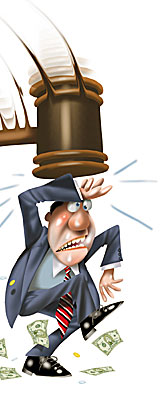 Applications for patents are to be made to the Department of Agencies and Intellectual Property at the Ministry of Commerce and Industry (MoCI). An application may be withdrawn by the applicant at any stage prior to the MoCI's final decision. If the application is rejected, the applicant has fifteen days in which to appeal to a Committee appointed by the Minister of Commerce and Industry before this right is lost. The decision of this Committee is final. Alternatively, if the patent is awarded, a second interested party may contest the award within sixty days of notification.
Applications for patents are to be made to the Department of Agencies and Intellectual Property at the Ministry of Commerce and Industry (MoCI). An application may be withdrawn by the applicant at any stage prior to the MoCI's final decision. If the application is rejected, the applicant has fifteen days in which to appeal to a Committee appointed by the Minister of Commerce and Industry before this right is lost. The decision of this Committee is final. Alternatively, if the patent is awarded, a second interested party may contest the award within sixty days of notification.
The patent owner may use, manufacture, import, or offer for sale the patented product, and no third party may exploit the patent without permission of the patent owner. However, a patent offers no protection against innocent infringement carried out prior to the patent's registration. Therefore if such infringement was bona fide, the infringer may continue regardless of the registration. If a breach of a patent is committed it will give rise to both civil and criminal sentences.
A patent is valid for twenty years from the date on which it is granted. Patents pending are subject to the same protection as if they were fully patented. A patent owner may license his patent contractually. However, if the owner does not exploit the patent for three years, or refuses to license the patent contractually, with the result of obstructing industrial or commercial activity in Oman, a compulsory licence may be issued by the Minister.
Despite this new Omani legislation, in practice it is far more common to have a patent registered at the GCC Patent Office in Riyadh, Saudi Arabia. The advantage of this is that it gives the patent owner protection throughout the member states of the Gulf Co-operation Council. The AGCC Patent Regulations mirror the Oman regulations almost identically.
Conclusion
As can be seen, intellectual property rights in Oman are now well protected following this raft of new legislation. Although the operation of many of the concepts remains untested, the legislation demonstrates the clear aim of protecting intellectual property rights in Oman, in line with many other world countries.

